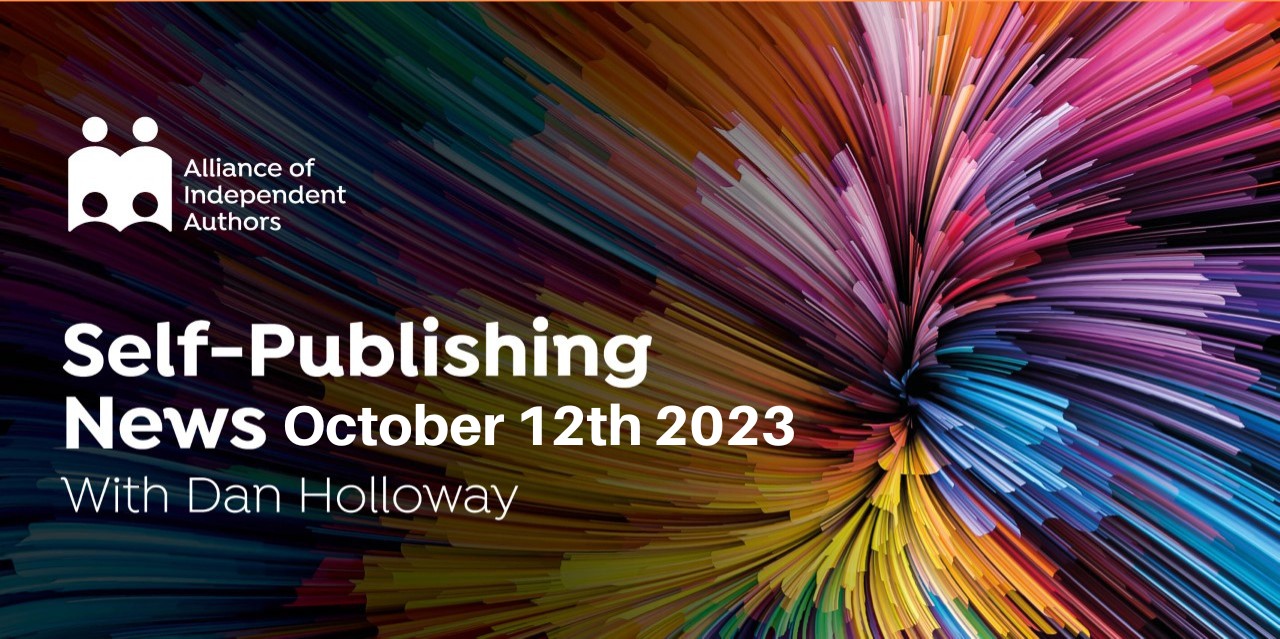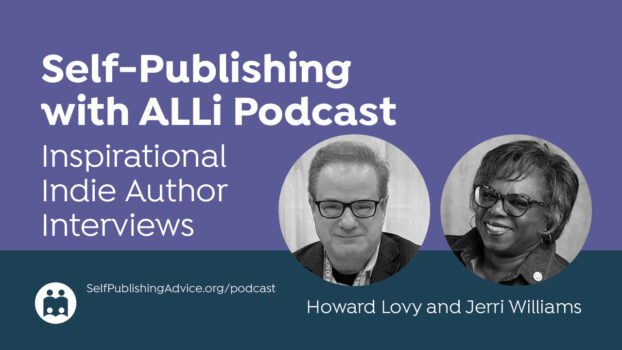
ALLi News Editor, Dan Holloway
Spotify’s Daniel Ek has made no secret for several years now that when he says he wants Spotify to be a one stop shop for audio, he means all kinds of audio content, including audiobooks. The company has made repeated moves to bring this closer to reality, many of which have involved AI purchases aimed at making more forms of audio more widely available in more markets. ALLi's News Editor, Dan Holloway, reports on the latest moves from Spotify to take on audiobooks.
Spotify Premium’s new offering, put in place on October 4th, really translates this for readers. From October 4th, those who pay the $11 a month Spotify Premium subscription fee will have access to 15 hours of audiobook content a month from a catalogue of 150,000 books.
To make this happen, the company has signed deals with all the big publishing houses. It is now looking to agree deals with indie publishers (not yet authors – though I imagine a deal with the platforms that distribute us will not be far behind).
What is not yet clear though, is what the terms of that deal are for the authors whose work has suddenly been made available en masse to Spotify listeners. This, of course, is hardly new for the audio streaming giant. It has a history of being less than transparent.
Demands for clarity from the Society of Authors
- Inform their authors and agents with full transparency about the deals they have negotiated, to seek permission in full respect of their right not to give permission and to remove their books from the Spotify catalogue.
- Negotiate an appropriate share of the receipts on a clear and equitable payment model, which should equate to no less than the amount that would be received from a sale of the same audiobook.
- Ensure that with all licences that Spotify applies frictions, as with e-lending, such as time limited loans and guarantees of payment, whatever proportion of the book is read.
- Ensure that licences are time limited and should not allow sublicensing or use on other platforms.
- Indemnify authors if the unauthorised use conflicts with existing film or other such deals, or if it leads to claims of copyright infringement by rightsholders of quotations or images included in that.
- Ensure that licences include safeguards to prevent pirating of authors' and narrators' works and voices including for use in AI systems.




